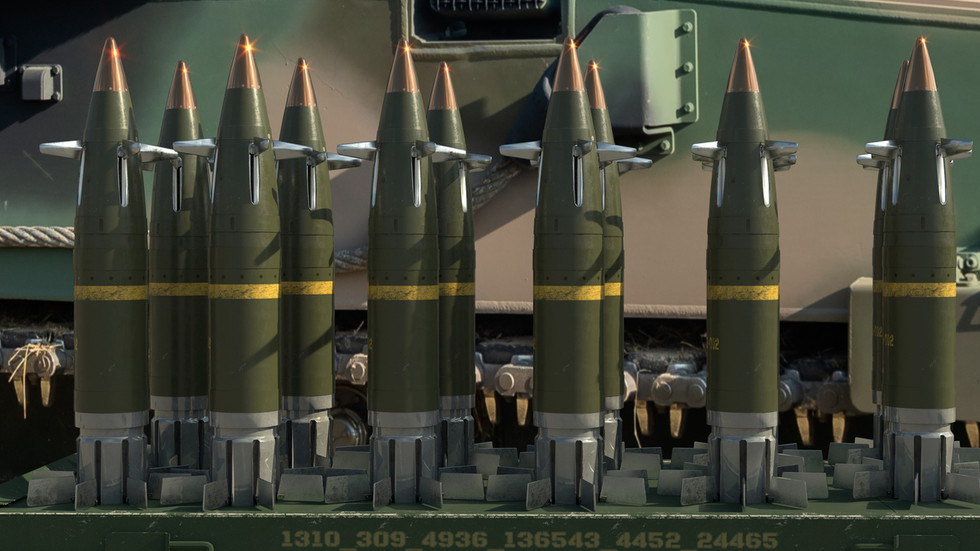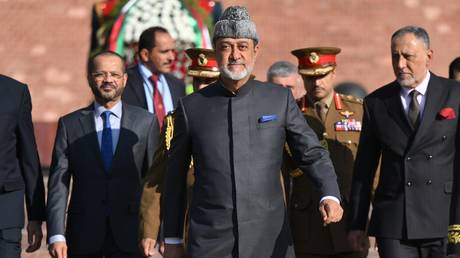The recent conflict between Somalia and Ethiopia arose when the latter struck a deal with Somaliland in January to access its Red Sea coast, particularly the strategic port of Berbera in the Gulf of Aden.
• Ethiopia, a landlocked country, sought access to Somaliland's coast to boost its trade and economic growth.
• In exchange, Ethiopia allegedly offered to recognize Somaliland's independence, though Addis Ababa never publicly confirmed this.
• Somalia, which does not acknowledge Somaliland's independence, strongly opposed the deal, leading to a deterioration of relations.
• In April, Ethiopia's ambassador was expelled from Mogadishu, marking a significant diplomatic fallout.
• The historical context, including the bitter 1977 war over the Ogaden region and Somaliland's eventual breakaway following Somalia's civil war, further complicated the situation.
• The dispute was mediated by Turkiye, which has long cultivated ties with Somalia. Turkiye's strategic interests in the region, including its maritime security partnership with Somalia and its humanitarian aid efforts, made it a natural mediator.
• The Horn of Africa is rich in resources and strategically vital, making it important for Turkiye's broader geopolitical and economic ambitions.
The disagreement was reportedly resolved this week under Turkiye's mediation, with both nations agreeing to put aside differences and cooperate, with technical talks set for next year.

 4 months ago
32
4 months ago
32







 We deliver critical software at unparalleled value and speed to help your business thrive
We deliver critical software at unparalleled value and speed to help your business thrive






 English (US) ·
English (US) ·